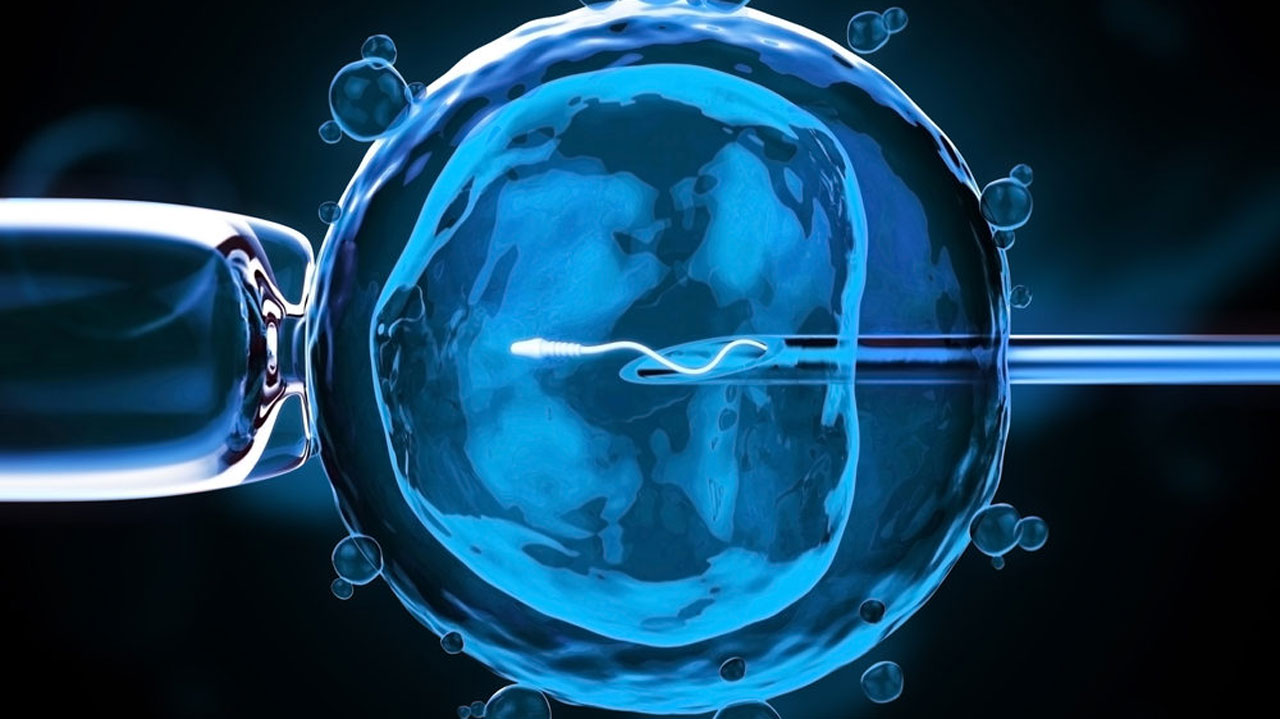In Vitro Fertilization procedure is more popularly known as IVF is basically a treatment for infertility. The treatment procedure involves a complex series of steps which is used for the treatment of infertility or other genetic problems which hinders the conception of a child. IVF assists couples in having a child by the retrieval of mature eggs from the ovaries of the females and then fertilised with sperm in a lab. Thus, the process of fertilisation is carried outside and later the embryo or the fertilised eggs are implanted into the uterus of the females. One complete of In Vitro Fertilization takes around two weeks of time.
IVF is one of the most preferred techniques for the treatment of infertility since it gives positive results and has a good success rate. In this effective form of assisted reproductive technology, the eggs of the individual and sperm of the partner can be used or eggs, sperm and embryo can be collected from an anonymous donor as well. At KARE, our expert professionals make sure to carry out the overall procedure in an efficient and effective way so as to yield positive results.

In Vitro Fertilization is done with the primary aim of treatment of infertility. It is a basic treatment of infertility for the females over 40 years of age or if both the partners have some existing health conditions which hinders the conception of a child.
Conditions Where IVF Help
IVF treatment plays a vital role if the females have any of the conditions listed below.
In all of the cases mentioned above In Vitro Fertilisation can be an ideal option of getting pregnant. In an addition to this, In Vitro Fertilisation can play a significant part in conception where unexplained fertility exists or if there are kinds of genetic disorders for which a couple is not being able to have kids.